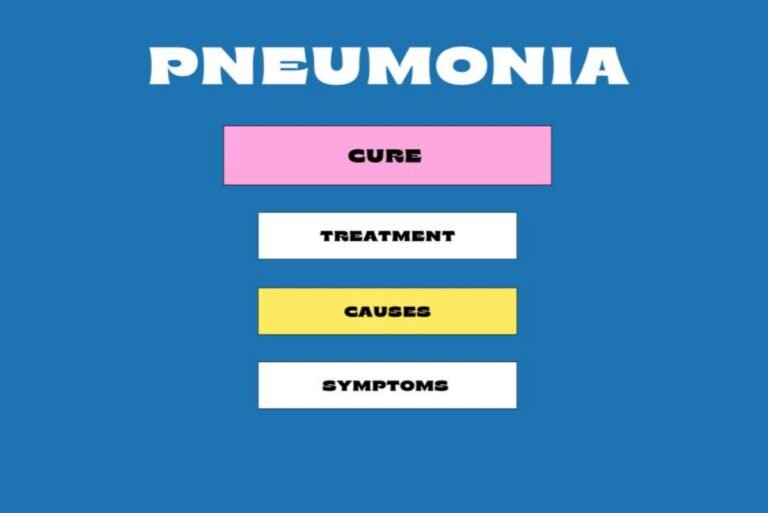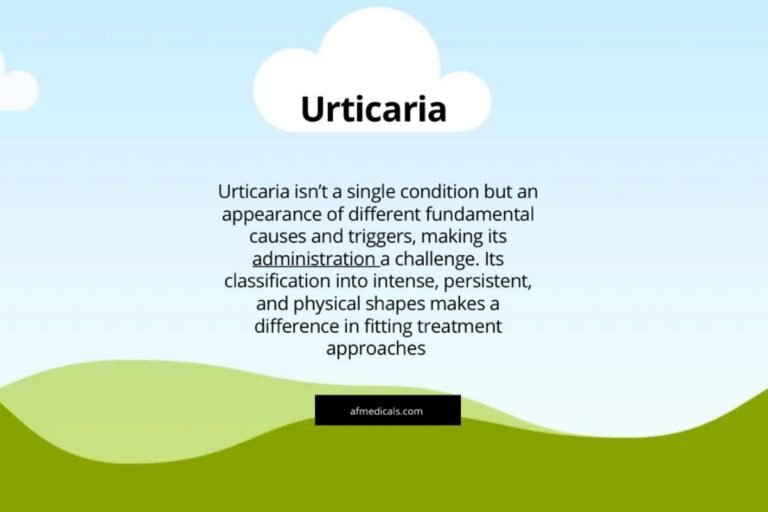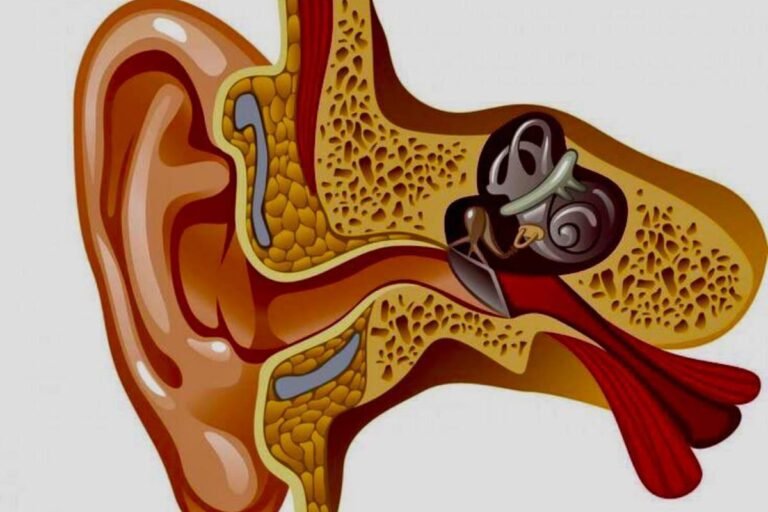Eclipsed Memories: The Catastrophic Impact of Alzheimer’s Disease:
Eclipsed Memories: The Catastrophic Impact of Alzheimer’s Disease:
Overview
Alzheimer’s disease could be brain clutter that gets worse over time. It’s characterized by changes within the brain that lead to the storage of certain proteins. Alzheimer’s infection causes the brain to shrink and brain cells to inevitably kick the bucket. Alzheimer’s illness is the foremost common cause of dementia, a gradual decline in memory, behavior, and social aptitudes. These changes influence a person’s capacity to operate.
Around 6.5 million individuals within the United States, age 65 and older, live with Alzheimer’s illness. More than 70% are 75 years or older. Of the approximately 55 million individuals around the world with dementia, 60% to 70% are assessed to have Alzheimer’s disease.
The early signs of the illness incorporate overlooking later occasions or discussions. Over time, it advances to genuine memory issues and the misfortune of the capacity to perform ordinary assignments.
Medications may make strides or moderate the movement of indications. Programs and administrations can offer assistance to individuals with the disease and their caregivers.
There’s no treatment that cures Alzheimer’s disease. In progressed stages, extreme misfortune of brain function can cause parchedness, ailing health, or disease. These complications can result in death.
Symptoms
Memory misfortune is the key indication of Alzheimer’s illness. Early signs incorporate trouble recalling later occasions or discussions. But memory gets more regrettable, and other indications are created as the malady advances.
To begin with, somebody with the illness may be mindful of the inconvenience of recalling things and considering them clearly. As indications get more regrettable, a family member or companion may be more likely to take note of the issues.
Brain changes related to Alzheimer’s illness lead to the development of inconveniences with:
Memory
Everybody has memory slips at times, but the memory misfortune related to Alzheimer’s illness endures and gets more regrettable. Over time, memory misfortune influences the capacity to operate at work or at home.
People with Alzheimer’s disease may:
- Repeat statements and questions over and over.
- Forget conversations, appointments or events.
- Misplace items, often putting them in places that don’t make sense.
- Get lost in places they used to know well.
- Eventually forget the names of family members and everyday objects.
- Have trouble finding the right words for objects, expressing thoughts or taking part in conversations.
Thinking and reasoning
Alzheimer’s illness causes trouble concentrating and considering, particularly approximately unique concepts such as numbers.
Doing more than one assignment at once is particularly troublesome. It may be challenging to oversee accounts, adjust checkbooks, and pay bills on time. In the long run, an individual with Alzheimer’s infection may be incapable of recognizing and bargaining with numbers.
Making judgments and decisions
Alzheimer’s infection causes a decrease in the capacity to form sensible choices and judgments in regular circumstances. For example, an individual may make destitute choices in social settings or wear clothing for the off-base type of climate. It may have gotten harder for somebody to reply to ordinary issues. For example, the individual may not know how to handle nourishment burning on the stove or choices when driving.
Planning and performing familiar tasks
Scheduled exercises that require completing steps in order ended up being a battle. This may include arranging and cooking a dinner or playing a favorite diversion. Inevitably, individuals with advanced Alzheimer’s disease disregard how to do essential errands such as dressing and showering.

Changes in personality and behavior
Brain changes that happen in Alzheimer’s disease can influence dispositions and behaviors. Issues may incorporate the taking after
- Depression.
- Loss of interest in activities.
- Social withdrawal.
- Mood swings.
- Distrust in others.
- Anger or aggression.
- Changes in sleeping habits.
- Wandering.
- Loss of inhibitions.
- Delusions, such as believing something has been stolen.
Preserved skills
In spite of major changes to memory and abilities, individuals with Alzheimer’s illness are able to hold on to a few abilities, as indications get more regrettable. Protected aptitudes may include perusing or tuning in to books, telling stories, sharing recollections, singing, tuning in to music, moving, drawing, or doing creative things.
These abilities may be protected longer since they’re controlled by parts of the brain influenced afterward within the course of the illness.
When to see a doctor
A number of conditions can result in memory misfortune or other dementia indications. A few of those conditions can be treated. In case you’re concerned about almost your memory or other considering aptitudes, talk to your wellbeing care proficient.
In case you’re concerned about considering aptitudes you watch in a family member or companion, talk about your concerns and inquire about going together to talk to a wellbeing care proficient.







